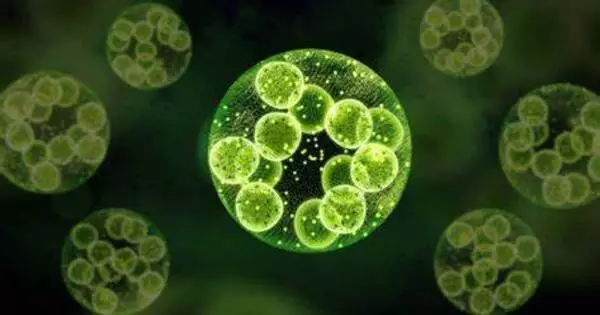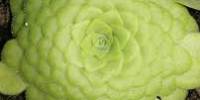Astrobiology is the scientific investigation of the possibility of life beyond Earth. Astro microbiology, also known as exo microbiology, is the study of microorganisms found in space. As a subfield of astrobiology, it is concerned with the discovery and study of microbial life in space or on other celestial bodies. It is the result of an interdisciplinary approach that includes both microbiology and astrobiology. Microorganisms like bacteria and archaea are particularly interesting in astrobiology because they are among the most resilient and adaptable forms of life on Earth.
The efforts of astrobiology are aimed at understanding the origins of life and the search for life beyond Earth. Because microorganisms are the most common form of life on Earth and can colonize almost any environment, scientists in the field of astrobiology usually focus on microbial life. Furthermore, small and simple cells are more likely than larger, multicellular organisms to evolve first on a planet, and they have a higher chance of being transported from one planet to another via the panspermia theory.
Key aspects of astro microbiology include:
- Extremophiles: Microorganisms known as extremophiles, which thrive in extreme environmental conditions on Earth, serve as models for potential life forms in harsh extraterrestrial environments. Extremophiles can survive in environments with extreme temperatures, pressures, acidity, or salinity.
- Mars Exploration: Mars is a primary target for astro microbiology research. Scientists are interested in the possibility of past or present microbial life on Mars. Missions like the Mars rovers and future planned missions aim to explore the Martian surface for signs of life.
- Europa and Enceladus: Moons of Jupiter (Europa) and Saturn (Enceladus) are of interest due to the presence of subsurface oceans beneath their icy crusts. The potential for liquid water raises the possibility of habitable environments for microbial life.
- Exoplanets: It also takes into account the habitability of exoplanets, which are planets that orbit stars outside our solar system. Biosignatures—indicators of life—are sought by scientists in the atmospheres of these distant planets.
- Space Missions and Instruments: Astrobiologists use space missions and instruments designed to detect and analyze signs of life in the universe. The study of Martian soil and rocks, for example, as well as the analysis of exoplanet atmospheres, all contribute to astro microbiology research.
Astronomers, geologists, biologists, chemists, and engineers are all involved in the search for extraterrestrial life, particularly microbial life. Technological advancements and space exploration continue to broaden our understanding of the possibility of life beyond Earth.
















